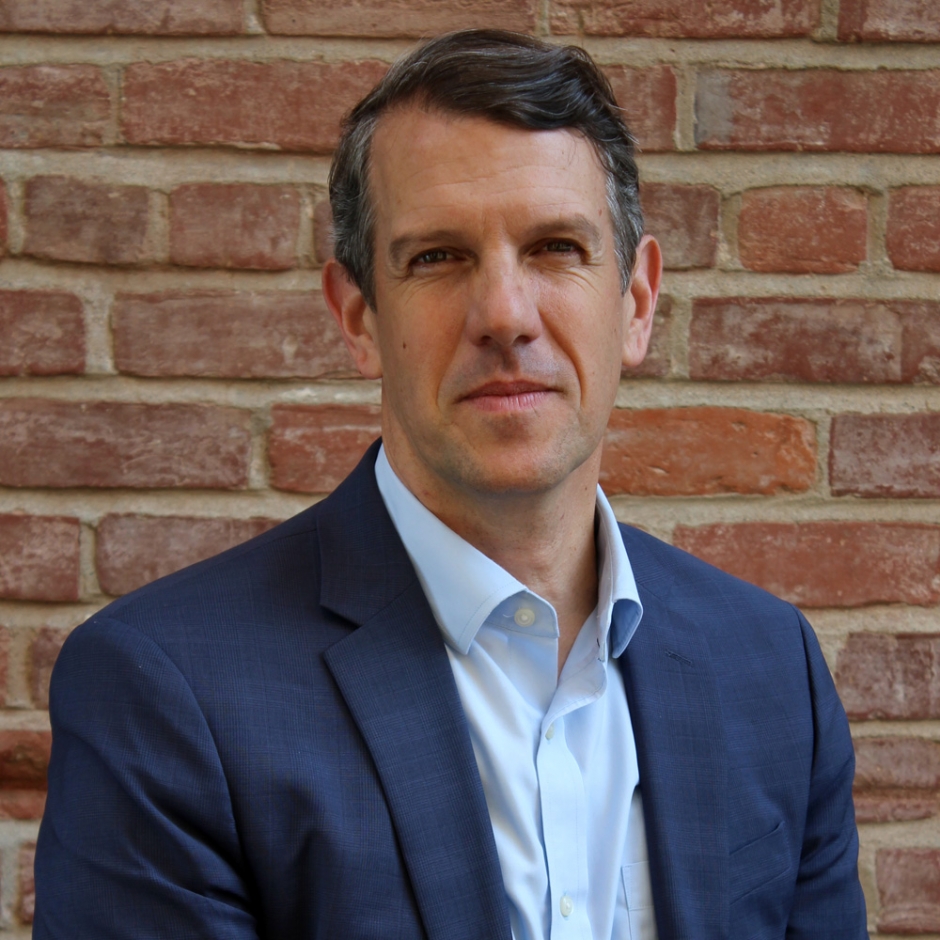News | SACOG's James Corless Outlines the Future of Transportation as the Sacramento Region Becomes a Lab For Mobility Innovation
Stop the VideoNews

PSR
SACOG's James Corless Outlines the Future of Transportation as the Sacramento Region Becomes a Lab For Mobility Innovation
Wednesday, June 3, 2020
by Malak Saleh, Environmental Science and Management, UC Davis
The future of transportation and mobility is filled with both promise and new challenges. Technological disruptions have upended the taxi industry and promise to do the same to more traditional modes of public transportation in the coming decade. The COVID-19 pandemic has shown a workforce and employers the benefits of telecommuting and remote work, emptying highways and demonstrating the potential for demand management like never before. The Sacramento region, and the Sacramento Area Council of Governments (SACOG), is trying to get ahead of the transportation disruption curve by embracing change and testing creative mobility solutions.
James Corless, executive director SACOG, was the featured speaker of the seminar entitled “The Future of Transportation: Making the Sacramento Region A Lab for Mobility Innovation.” Corless began his presentation by highlighting the importance of cross-discipline knowledge when it comes to effectively, innovatively, and equitably planning transportation systems.

Corless went on to summarize the goals of SACOG and the role it plays in transportation planning for over 2 million people, 6 counties, and 22 cities from Yuba City down to the San Joaquin Delta and eastward to Lake Tahoe. SACOG provides transportation planning and funding and serves as a forum for the study and resolution of regional issues. Because SACOG serves a mix of urban, suburban, and rural communities, it faces a diverse set of problems, which Corless believes makes SACOG a prime testing ground for new transportation technology, programs, and services.
The future of transit in the United States is now uncertain as a result of the COVID-19 pandemic, but as Corless pointed out, U.S. transit ridership was trending downward even before the pandemic shake-up. However, Corless emphasized the need for improvements and expansion of bus and train services in order to reduce congestion and meet clean air goals. As Corless sees it, the ongoing debate between building highways or mass transit will be replaced by the debate of how best to integrate transportation network companies, shared mobility, and public transportation services in the future.
-0.png)
To accomplish this integration, SACOG recently launched Civic Lab, a program aimed at fostering new and innovative solutions stemming from agencies, labs, and the private sector. Civic Lab brings a startup mentality to city and county transit agencies and challenges participants to solve problems with solutions that do not already exist. The program also speeds up the funding process by allowing teams and companies to compete for problem solving opportunities using public funding.
In Civic Lab’s inaugural year, SACOG invested $1 million to pilot various transportation solutions that leveraged an additional $1 million in external investment. Civic Lab projects include the recently launched Olli Autonomous Shuttle at Sac State, the Via bus service in West Sacramento, a new micro-transit service in Knight’s Landing, and a transit service that brings tourists to Apple Hill in Placer County. SACOG and Civic Lab are also heavily involved in the integration of JUMP Bikes in the Sacramento region, as well as the launch of incentive programs that encourage people to use transit and micro mobility services. Other milestones include the launch of the regional prosperity partnership together with Greater Sacramento Economic Council, Sacramento Metro Chamber, and Valley Vision.
-0.png)
In his closing remarks, Corless discussed how the Civic Lab group is working collectively to position the SACOG region higher in the global marketplace by creating implementable strategies that reduce income inequality, preserve natural resources, and increase quality of life for all. He finished his presentation by reiterating the importance of planning for an era of uncertainty and climate change.
James Corless is the executive director of the Sacramento Area Council of Governments (SACOG). In his less than two years leading the organization, he has seen the launch of the Connect Card, JUMP bikes, and led the initiation of the Civic Lab, the region’s first government solutions accelerator. Prior to his time at SACOG, Corless founded Transportation for America, which advocates for state and federal transportation funding and policies that focus on local knowledge to drive investments and maximize local economic development.
You can view a full recording of James Corless’ talk, part of ITS-Davis’ weekly seminar series, on YouTube here.
Author Malak Saleh is a student assistant at the National Center for Sustainable Transportation.
News Archive
- December (1)
- November (6)
- October (4)
- September (2)
- August (3)
- July (4)
- June (3)
- May (7)
- April (8)
- March (11)
- February (8)
- January (7)
- December (7)
- November (8)
- October (11)
- September (11)
- August (4)
- July (10)
- June (9)
- May (2)
- April (12)
- March (8)
- February (7)
- January (11)
- December (11)
- November (5)
- October (16)
- September (7)
- August (5)
- July (13)
- June (5)
- May (5)
- April (7)
- March (5)
- February (3)
- January (4)
- December (4)
- November (5)
- October (5)
- September (4)
- August (4)
- July (6)
- June (8)
- May (4)
- April (6)
- March (6)
- February (7)
- January (7)
- December (8)
- November (8)
- October (8)
- September (15)
- August (5)
- July (6)
- June (7)
- May (5)
- April (8)
- March (7)
- February (10)
- January (12)















